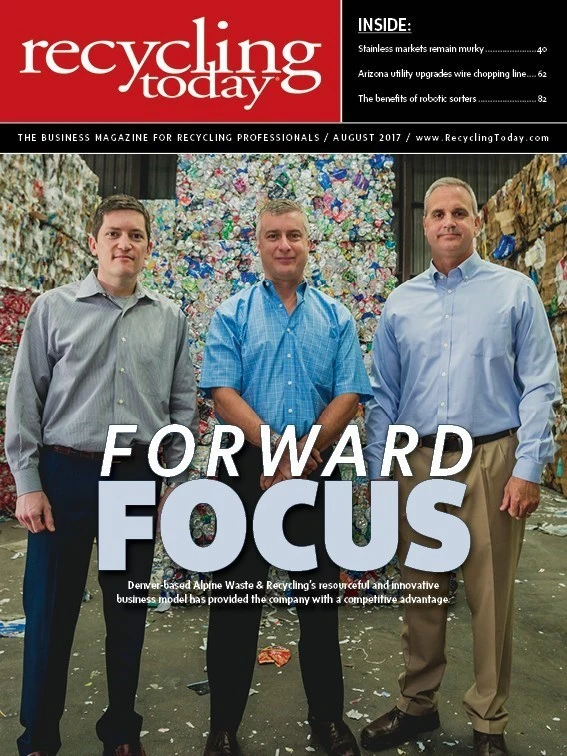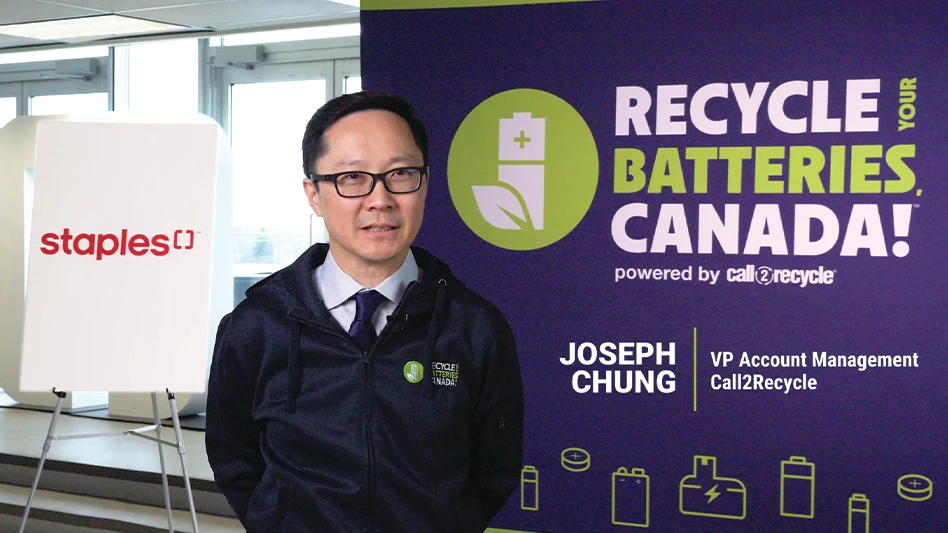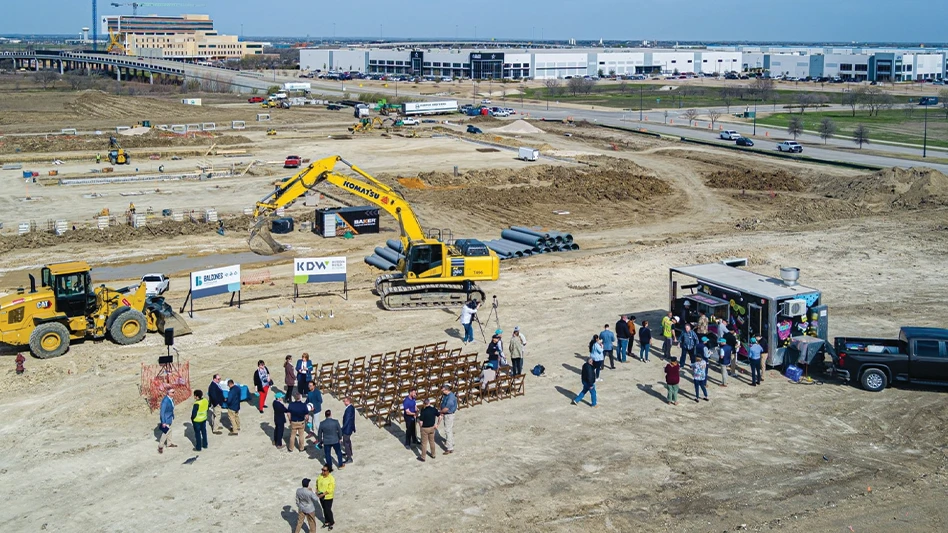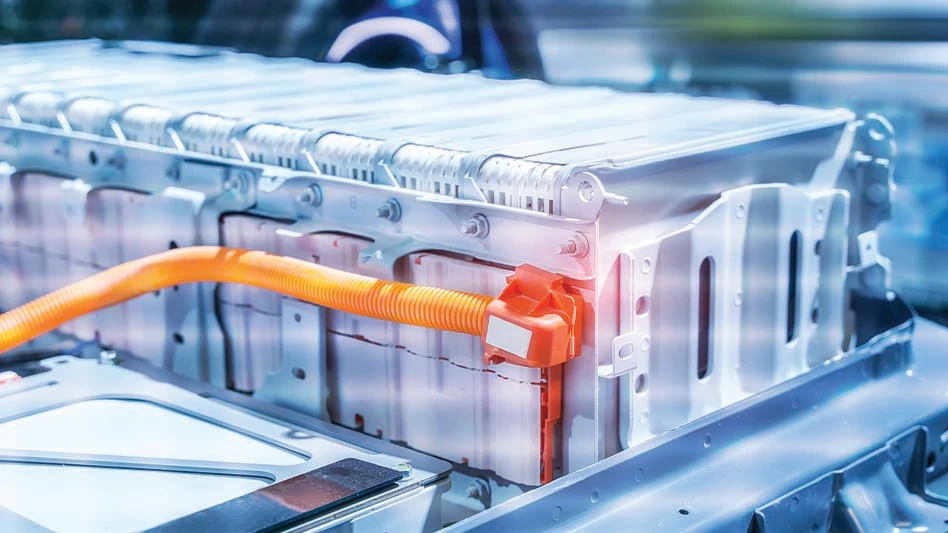
Polywood LLC is a leading manufacturer of outdoor furniture produced from recycled high-density polyethylene (HDPE) plastic. Through innovations in chemistry, Polywood has created a plastic lumber that has the look of real wood but with the strength and lasting durability of plastic. Since manufacturing its first classic Adirondack chair, the company has expanded its product offerings to include additional styles of Adirondack chairs, as well as dining sets, lounges, deep seating,

In addition to manufacturing outdoor furniture, Polywood also is an efficient plastics recycler. At its production center in Syracuse, Indiana, it operates one of the world’s most modern HDPE recycling plants, which is equipped with machinery supplied by Germany-based Lindner WashTech, with a U.S. branch, Lindner reSource America LLC, in Tucker, Georgia.
At the heart of the plant is a combination of shredding and washing components specifically customized for this application by Lindner Recyclingtech GmbH, which is based in Austria. The company is represented in the U.S. by Lindner America LLC, Raleigh, North Carolina.
The Polywood production center’s feedstock is
Sustainable and efficient
Chad Rassi,
Lindner reSource America received an offer from Polywood to tailor a complete washing line, including all supply lines, for the recycling of the nonreturnable milk bottles.
“We finally accepted this offer because Lindner had really got to grips with our project and familiarized itself so intensively with our work that it was able to come up with the best possible solution at every stage,” Rassi says. “The company’s regular presence on the site, the expertise of its representatives and the personal trust we built up with them was just as convincing for us as the excellent reputation of this manufacturer’s products.”
Made to measure
In the first step of the Lindner system, a Micromat Plus 2000 single-shaft shredder is filled by a chain conveyor. This shredder is designed to ensure low energy consumption and high efficiency, the manufacturer says. Different drive systems,
The shredder’s large inspection and maintenance flap
Because of the special characteristics of
To achieve Polywood’s requested flake size,
This is followed by drying of the cleaned material in a Lindner Loop Dryer with a rotor diameter of 48 inches, a rotor length of 78 inches and a 120-horsepower motor before the fines are separated in an air wash system. The material can be transferred directly to
Experience brings success
Tomas Kepka, vice president of Lindner reSource America LLC, says he optimized the washing unit in cooperation with Polywood and Lindner
Sponsored Content
Labor that Works
With 25 years of experience, Leadpoint delivers cost-effective workforce solutions tailored to your needs. We handle the recruiting, hiring, training, and onboarding to deliver stable, productive, and safety-focused teams. Our commitment to safety and quality ensures peace of mind with a reliable workforce that helps you achieve your goals.

He says, “Two important factors provided us with the basis that enabled us to comply with Polywood’s requirements quickly and completely. Firstly, the Lindner systems have a modular structure. This enables us to meet a wide variety of different demands simply through the clever combination of standard and new components. Secondly, we benefit from our long-lasting cooperation with main suppliers of plastics recycling
Rassi says of the system, “In the meantime, we know that our decision to accept the offer from Lindner was absolutely correct. The complete system began operating September 2016 after a six-month lead time. Water and energy consumption are even lower than expected, and the performance and end product are outstanding.”
Get curated news on YOUR industry.
Enter your email to receive our newsletters.

Explore the August 2017 Issue
Check out more from this issue and find your next story to read.
Latest from Recycling Today
- Recycled steel price crosses $500 per ton threshold
- Smithers report looks at PCR plastic’s near-term prospects
- Plastics association quantifies US-EU trade dispute impacts
- Nucor expects slimmer profits in early 2025
- CP Group announces new senior vice president
- APR publishes Design Guide in French
- AmSty recorded first sales of PolyRenew Styrene in 2024
- PRE says EU’s plastic recycling industry at a breaking point







